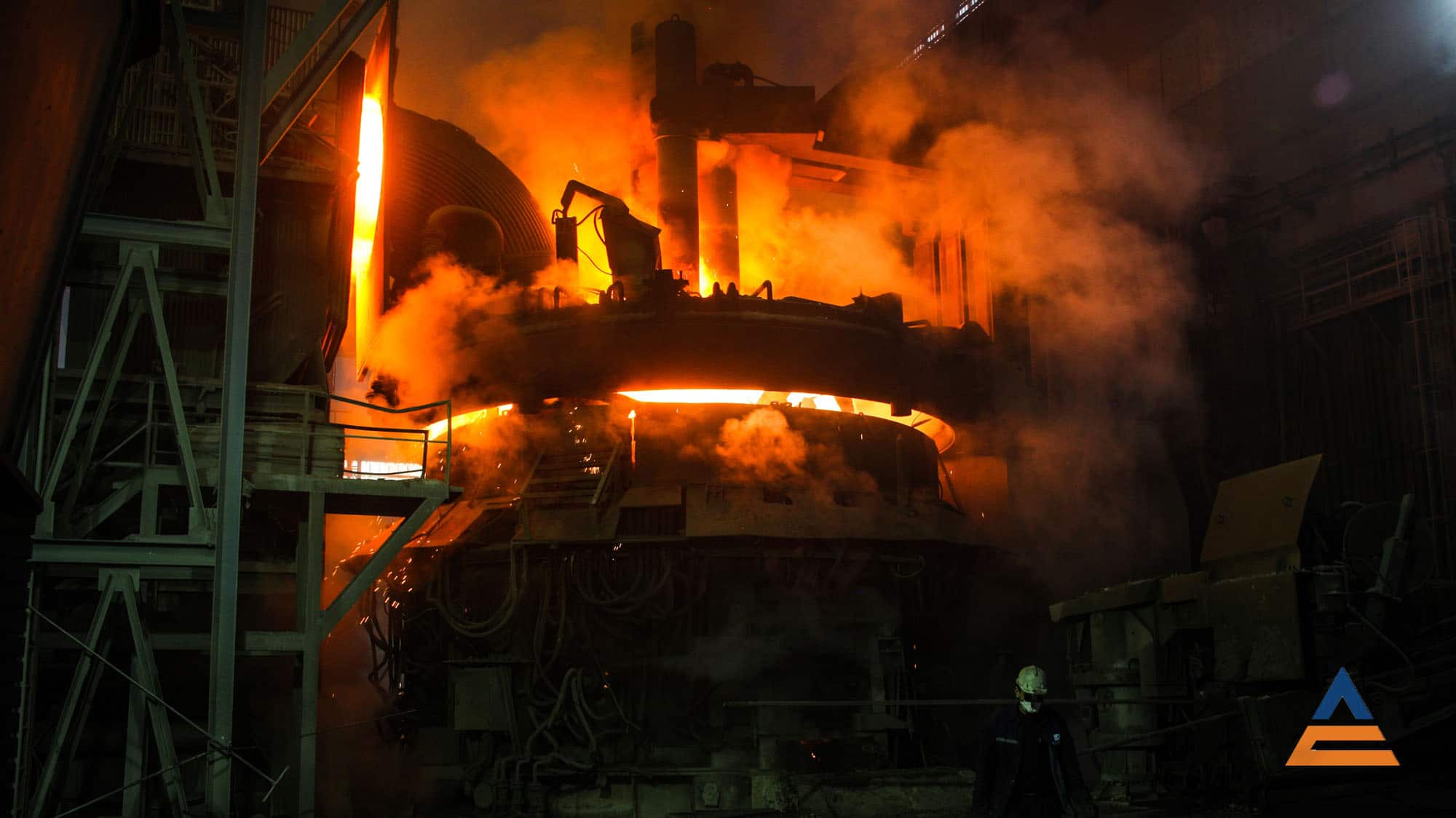Supply chain management and procurement in the process industry
When highly specialized manufacturing with tight specifications for a smooth process flow meets tight, monopolistic supplier markets, transparency and creativity in building up supplier relationships are required. This is about costs, but also about the networking of supply chains for a smooth output to the customer. Procurement has two primary tasks: Ensuring the on-time availability of production material as well as the comprehensive supply of operating resources and spare parts for a very high availability of production facilities. And despite these high demands on quality levels and availability, costs and capital tie-up must of course be kept low, a constant balancing act for procurement.
According to the definition, the process industry includes companies from the chemical, petrochemical, gas processing, pharmaceutical, food, sugar, pulp, paper, wood-based materials, glass, steel and cement manufacturing sectors and the suppliers to these industries. At first glance, with only little overlap. But if you look at the production processes in these industries, you will see the common denominator. These are continuous production processes in which raw materials or intermediate products are added for enrichment according to fixed recipes.
The given recipes, be it by in-house development or by customer specifications, require the exact adherence to tight specifications in procurement. Even minimal deviations lead to a change in the production process. This makes it more difficult for procurement to build up different sources of supply, new suppliers or products require extensive testing procedures. And this applies to low-value and high-quality purchased products.
Short-term and continuous supply of the own production also restricts the supplier market. Logistics is becoming an important evaluation criterion in the selection of suppliers. Therefore, procurement can only be considered in line with supply chain management.
Thus the task of procurement is by far not limited to the execution of tenders. Rather, procurement must design supply chains and know, reduce or eliminate all cost drivers along the supply chains. This requires a combination of profound experience and industry-independent creativity. And in the end, knowledge of negotiation strategies is crucial in order to implement one’s own goals in the market.
Some examples from our customer projects:
– Breaking up monopolistic markets through logistics hubs
– Development of new suppliers from related industries
– Reduction of inventory costs along the supply chain through digital forecast models
– Zero Base specification analysis
– Cost structure analyses as a basis for cost leverage assessments
– Conducting negotiations on the basis of new price models
– Vertical supplier networks
– Risk management up to the n-tier supplier
– Cost reduction workshops
– Set and implement coaching for negotiation goals
ADCONIA’s clients have and will benefit from this triad of experience, creativity and negotiation techniques, especially in the process industry. Identifying, quantifying and eliminating cost drivers are the success factors.
Oliver Kreienbrink
Managing Director, ADCONIA GmbH



